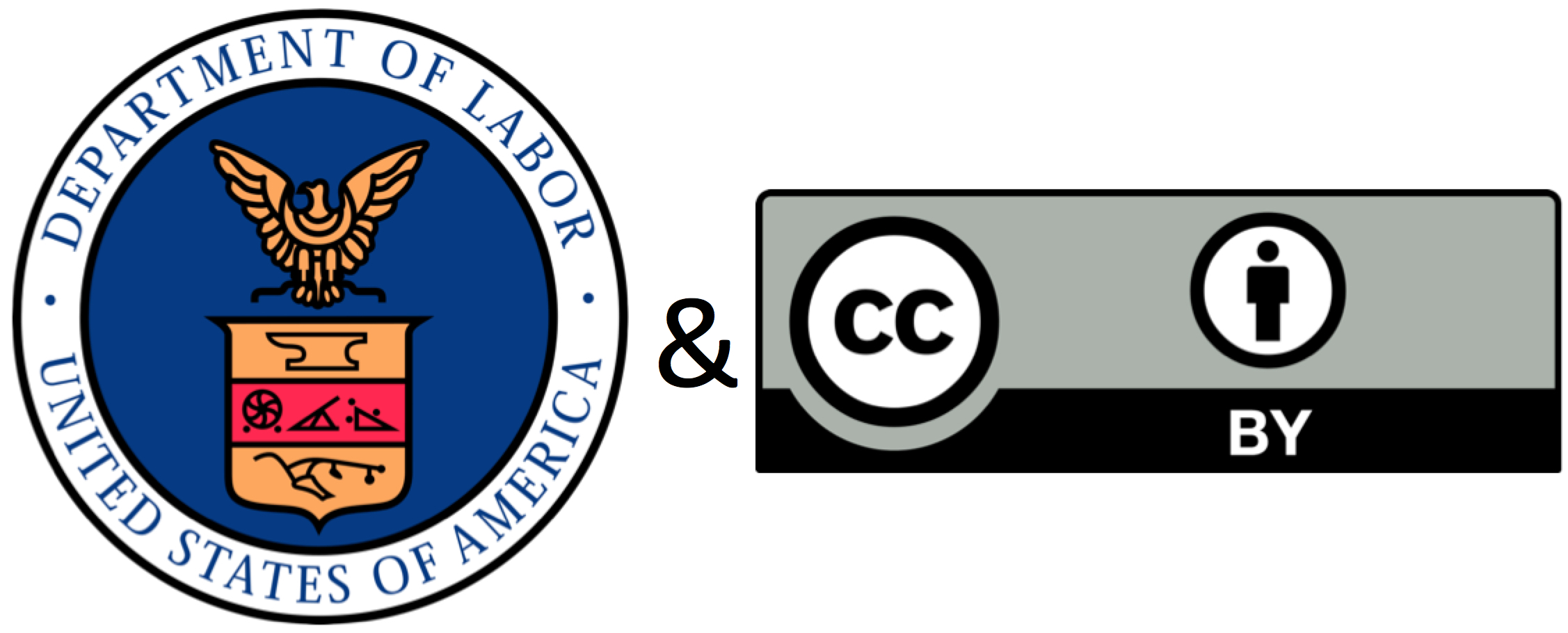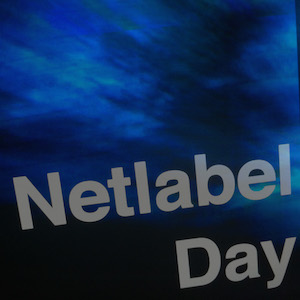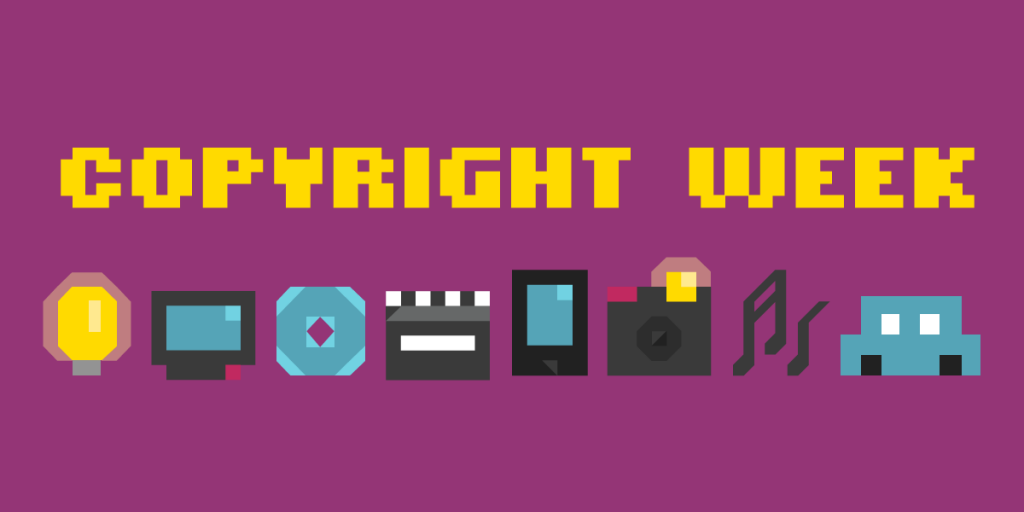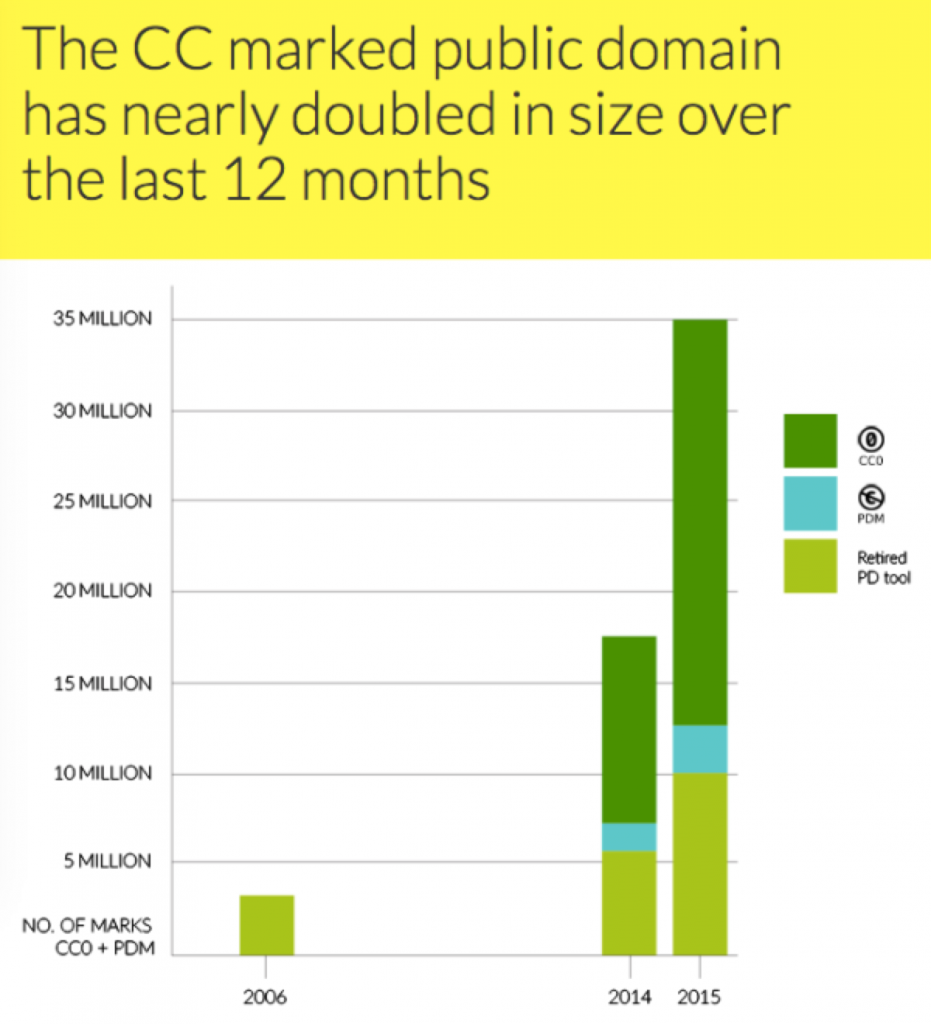COMMUNIA hosts public domain celebration in the European Parliament
mercredi 3 février 2016 à 20:25This is a guest post by Lisette Kalshoven.
On Monday, January 25th COMMUNIA organized a Public Domain Day celebration at the European Parliament. COMMUNIA advocates for policies that expand the public domain and increase access to and reuse of culture and knowledge, and consists of many organisations including Creative Commons, Kennisland and Centrum Cyfrowe. The event, which focused on showcasing creators who have chosen to donate their output to the public domain, was hosted by MEP Julia Reda.
Julia Reda at the Public Domain Day Celebration by Sebastiaan ter Burg; CC0
Highlighting creators sharing in the public domain
COMMUNIA invited creators such as Kenney Vleugels, who makes game assets available to other game developers under the the CC0 Public Domain Dedication, Alastair Parvin of WikiHouse.cc, who is developing an open source approach to sustainable housing, Femke Snelting of Constant, who is publishing public domain magazines, Eric Schrijver, who is writing a sharing guide for artists, and Thomas Lommee from Open Structures, a standardised open design system. The lunch discussions focused on the artistic and design practices of these creators and the challenges they run into. A recurring theme was the legal uncertainty created by overly complex copyright laws, and the excessive length of copyright protection.
The public domain is traditionally seen as a body of works that are no longer under copyright because the terms of protection have expired. Public Domain Day celebrates this very moment, when the period of copyright protection ends for works of certain authors. But the public domain is not simply a dusty collection of old works. During the event COMMUNIA highlighted the fact that the public domain is a modern phenomenon—it is alive. We celebrate the practice of authors contributing to the public domain long before their copyright expires. From this perspective, the ongoing policy debate on European copyright will structure the shape and scope of our collective public domain for years to come.
 Public Domain Day Celebration at the European Parliament by Sebastiaan ter Burg; CC0
Public Domain Day Celebration at the European Parliament by Sebastiaan ter Burg; CC0
Copyright debate in Europe should support the public domain
The European Commission is in the process of proposing changes to the copyright rules in the EU. It laid out some of its ideas through a Communication in December 2015, and will present concrete legislative proposals in June 2016. In 2016 and beyond COMMUNIA will advocate for specific points, including the three below. You can read more here.
- Ensure that the mere digitisation of public domain works does not create new rights over them. Some member states would like to allow anyone who digitized a public domain work to claim new exclusive rights. This creates legal uncertainty and undermines the concept of the public domain.
- Introduce a mandatory and strong exception to copyright for educational use. We need to ensure that education is not burdened by copyright-related barriers. To ensure this, we need a broad, harmonised exception. It should cover all types of uses, including digital and online activities, both inside and outside of the classroom.
- Allow cultural heritage institutions to make out-of-commerce works available online. Vibrant and diverse cultural heritage institutions are one of the defining features of our European culture. In order to remain relevant, they need to show their collections online. A new exception should allow these institutions to make available online the out-of-commerce works in their collections.
COMMUNIA is following the events in Brussels closely, and is sharing the advantages of a strong public domain and a flexible copyright to policy makers. You can see photos from the Public Domain event here (all CC0, created by Sebastiaan ter Burg). If you want to stay informed on the changes in European copyright, you can follow the developments on the COMMUNIA blog. If you are interested in the area where copyright and education clash, please have a look at our Medium series on it: Copyright Untangled.
The post COMMUNIA hosts public domain celebration in the European Parliament appeared first on Creative Commons blog.






